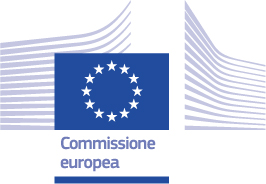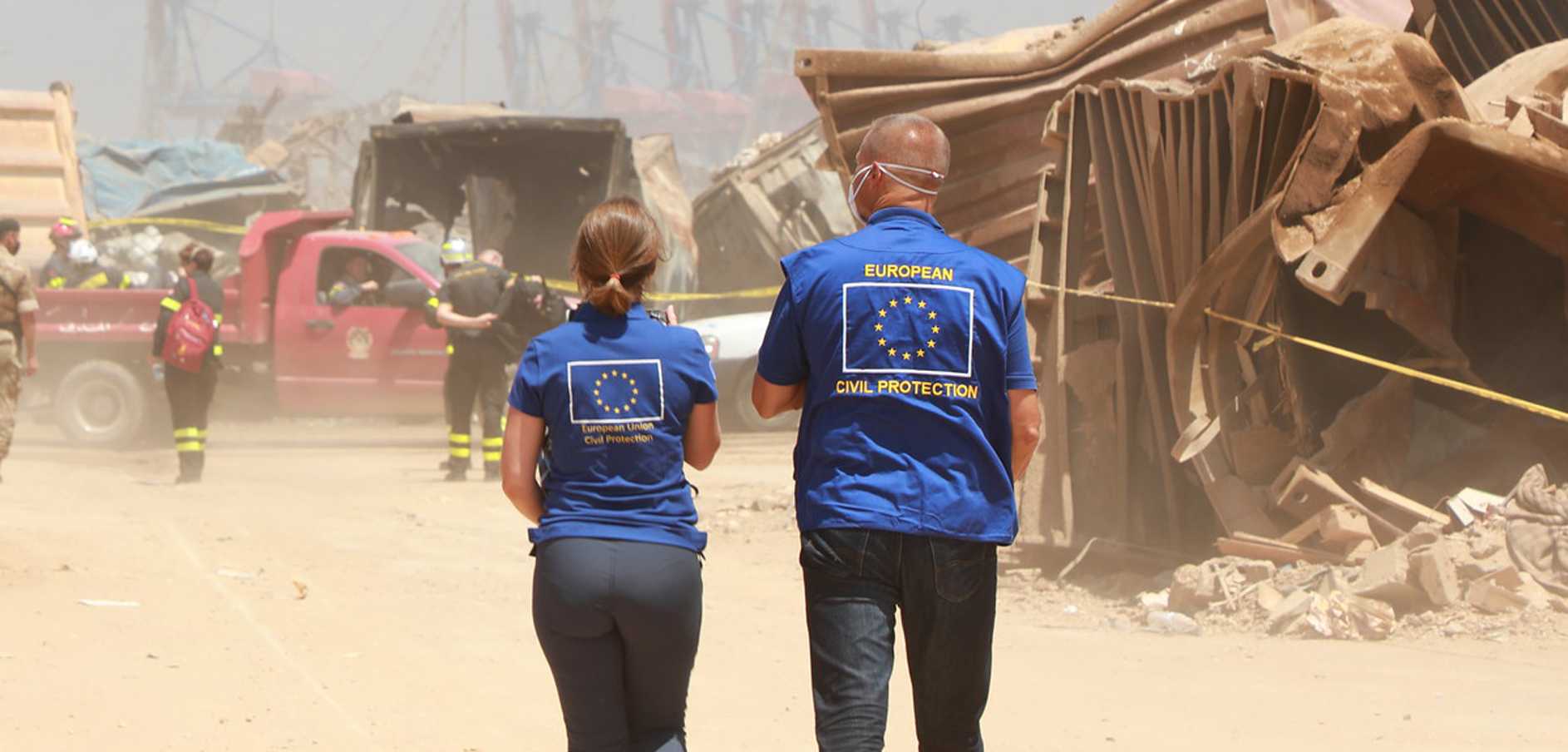DG ECHO Humanitarian Aid Learning
2300 membri
Descrizione della comunità
Pubblico di destinazione
DG ECHO Humanitarian Aid Learning is designed to provide training and educational resources for individuals and organisations involved in humanitarian aid. It targets in particular: the staff DG ECHO certified NGOs and their (local and international) implementing partners; International Organisations, including UN agencies; Member States Specialised Agencies (MSSAs); DG ECHO staff and other concerned people in Member States Administrations; potential candidate NGOs. Academics and students can also get some benefits from some of its courses, which are open to the whole community.
Obiettivi
This community aims to enhance performance for more efficient, effective, and compliant delivery and support of Humanitarian Aid:
- Enhance the knowledge and skills of professionals working in the field of humanitarian aid;
- Disseminate tools and best practices for Humanitarian Aid, adhering to International Humanitarian Law as per "The European Consensus on Humanitarian Aid Action Plan";
- Promote standards, principles, procedures, and best practices for Humanitarian Aid projects across all phases (design, execution, monitoring, and completion);
- Improve DG ECHO Partners’ and staff compliance with DG ECHO rules, procedures and policies

Questo contenuto è offerto dalla Commissione Europea. La Commissione Europea è il braccio esecutivo politicamente indipendente dell'Unione Europea. È l'unico responsabile dell'elaborazione delle proposte di nuova legislazione europea e attua le decisioni del Parlamento europeo e del Consiglio dell'U


